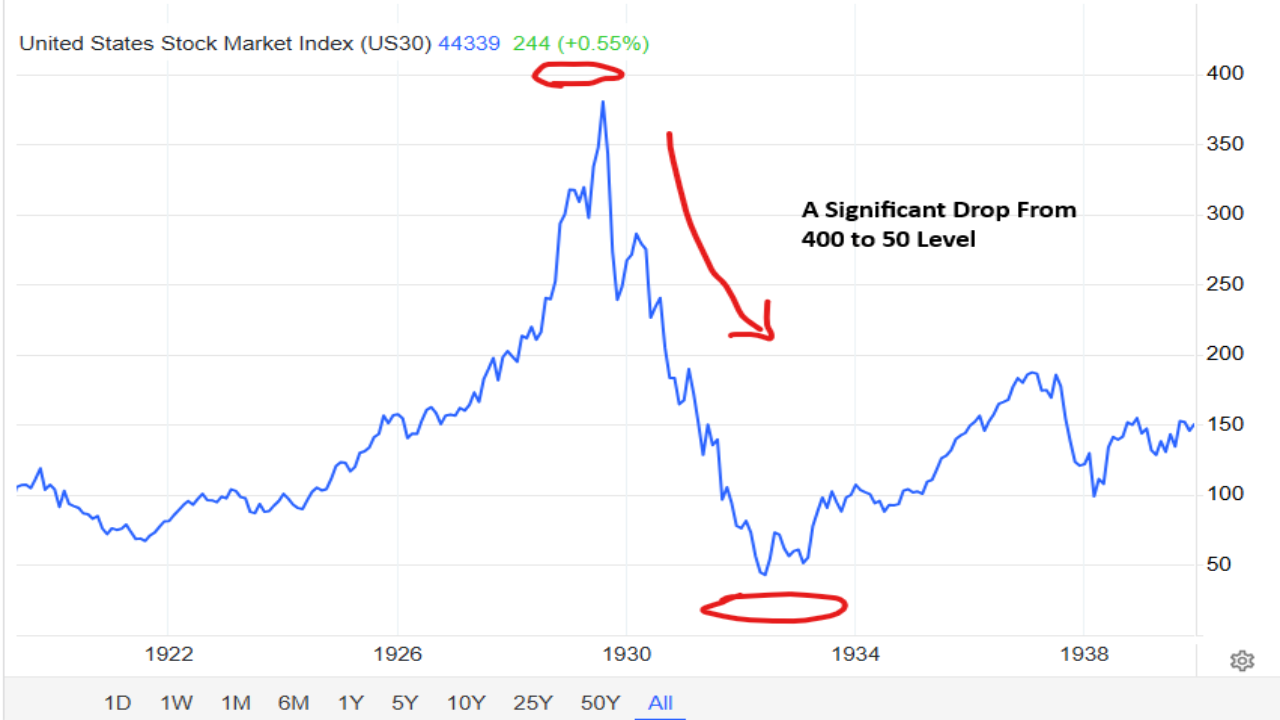
PAGE NOT FOUND
Oops! It seems the page you are looking for does not exist...
Back to HomepageBlog
Get What You Are Looking For Here

Investment Strategies
The True Cost of Financial Advice: Traditional Advisors vs. AI Solutions
Jason Huang2 days ago

Educational Resources
How AI Trading Strategies Work, And Why They’re Changing the Game
Timothy3 days ago

Educational Resources
How to Prepare for Stock Market Crash- A Complete Guide
Jason Huang5 days ago

Industry Trends
The Best Green ETFs to Power Your Portfolio in 2025
Jason Huang8 days ago
